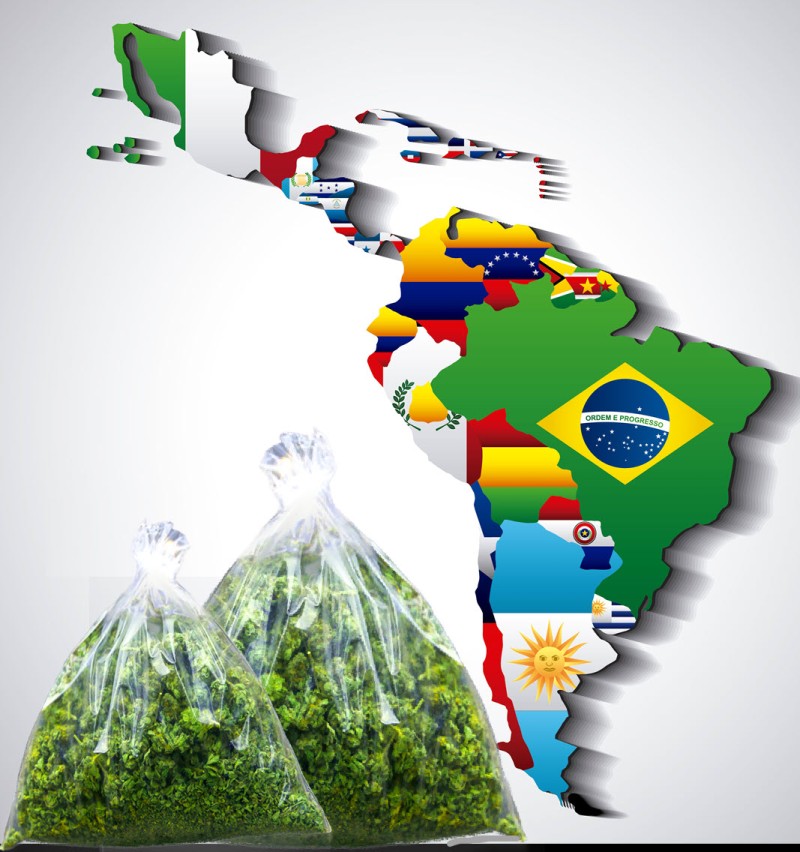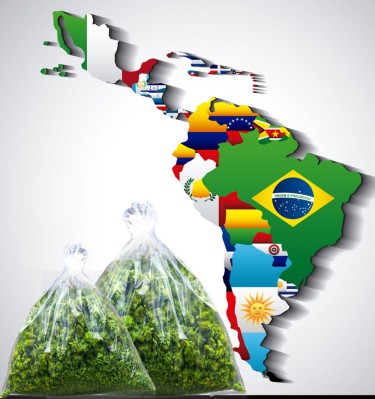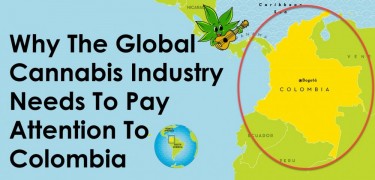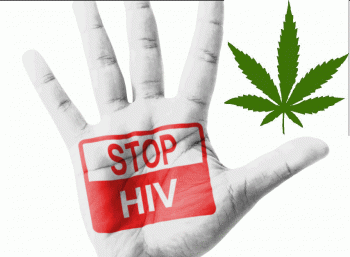Cannabis has been controversial for many years, but recently it has emerged as a potential solution for the struggling economies of Latin America. The region has been hit hard by various economic and political challenges, and cannabis may offer a way to boost the economies of these countries.
Colombia
Colombia is poised to legalize recreational cannabis, and the Latin American cannabis industry eagerly anticipates the development in 2023. Despite enduring decades of drug violence, the country has seen overwhelming support for the legalization bill. The bill passed with a 56-3 vote in the Senate plenary in early December after four rounds of legislative debates.
Congressman Juan Carlos Losada expressed his excitement in a video posted on his official Twitter account on December 6th. He noted that four more debates were slated to start in March, but he remained optimistic that the bill would ultimately achieve approval.
The cannabis legalization bill is still awaiting approval in four other debates within the Colombian legislature to become law. However, with the ease with which it passed through both the Senate and Chamber of Representatives in autumn 2022 and the endorsement it received from various ministers and members of Petro's cabinet, the bill's passage in 2023 seems likely. In October, the initiative received 105 favourable votes from the Chamber of Representatives, with 33 opposed.
Senator María José Pizarro Rodríguez emphasized that the cannabis legalization bill promotes peace, benefits farmers and indigenous people, and eases the burden of overcrowding in national prisons. She further stated that it is time for Colombia to adopt a new approach to the war on drugs.
Colombia is already shipping legal medicinal cannabis all around the world thanks to resolution 539 that passed last year.
Costa Rica
In 2022, Costa Rica's cannabis industry made significant progress as a law to legalize and regulate the production and use of industrial hemp and medicinal cannabis was approved and implemented in the spring. The newly formed Hemp and Cannabis National Technical Committee (CTN) of the Costa Rican Technical Rules Institute (INTECO) developed regulations and guidelines for the hemp industry and medical cannabis. The CTN is currently focused on establishing national standards to maintain the quality of cannabis products.
The legalization of cannabis in Costa Rica has been lauded by government officials and business leaders, who believe it will offer major commercial opportunities for the country. Legalizing cannabis can generate significant money for governments. Cannabis sales and taxation could provide a new stream of money for countries that have struggled to establish long-term revenue sources. This new industry has the potential to generate employment opportunities in agriculture, processing, distribution, and retail.
In November, the government authorized industrial hemp's initial cultivation and processing on a 150-hectare farm in the northwest Costa Rica region. Like Colombia's Petro, President Rodrigo Chaves of Costa Rica championed the legalization of recreational cannabis shortly after taking office in 2022, presenting a bill to the Legislative Assembly during the fall season.
Prospects for Regional Expansion
The year 2022 brought overall positive developments for medicinal cannabis in Latin America, with Argentina and Panama enacting laws to govern sales, cultivation, and exports, while Peru established regulations to oversee the emerging industry. Additionally, Ecuador's first production of cannabis for medicinal purposes occurred three years after the legalization bill was passed in 2019. These advancements in regional cannabis and hemp regulations suggest a promising outlook for the growth and expansion of these industries in the coming year.
President Alberto Fernández's endorsement of the bill to cultivate, sell, and export medicinal cannabis and industrial hemp in Argentina in May was met with enthusiasm, as it was seen as a prospect for growth.
Panama also faces a similar situation: President Laurentino Cortizo expressed interest in developing the medicinal cannabis industry by approving decrees to implement regulations in September. The president intends to establish local and foreign companies to supply the domestic market by utilizing raw materials produced in Panama. The small Central American nation, with a population of 4.5 million, is expected to continue investing in and expanding its medicinal cannabis market in 2023.
Peru introduced regulations in November to regulate the medicinal cannabis industry. It is expected to foster the sector's growth by enabling cultivation, imports, research, and sales of the plant and its derivatives. However, implementing these regulations soon is expected to be challenging in early 2023. This is because of significant political turmoil and uncertainty following the removal of President Pedro Castillo from office last month.
Ecuador legalized cannabis for medicinal purposes in 2019 and experienced nascent market growth in 2022, expected to continue in 2023. In March, the country authorized the production of its first government-regulated medicinal cannabis plants, and in July, CannAndes became the first company to export hemp from Ecuador to Europe. Ecuador appears to be in a favourable position to continue the development of its medicinal cannabis and hemp industry in the future.
The use of cannabis for medicinal purposes can also bring significant benefits to the region. Latin America has a rich history of traditional medicine, and cannabis has been used for medicinal purposes in the region for centuries. Legalizing cannabis for medical use can provide patients with a safe and effective treatment option for various medical conditions. This can also create a new industry for producing and distributing medical cannabis products.
Conclusion
The legal and regulated use of cannabis in Latin America can spark a much-needed economic boost, open up exciting new revenue streams for governments and create employment opportunities across various industries. The region has made remarkable progress, with the green light given for both medical and recreational use of cannabis in countries like Colombia and Costa Rica. Meanwhile, other nations such as Argentina, Panama, Peru, and Ecuador have established laws and regulations for producing, selling, and exporting cannabis and hemp products.
The developments that were made in the Latin American cannabis business in 2022 provide a bright picture for the region's future growth and expansion, despite the difficulties that come with putting new regulations and legislation into effect. Utilizing the long history of conventional medicine in the area, using cannabis for medical purposes can also offer patients a safe and efficient therapeutic choice.







